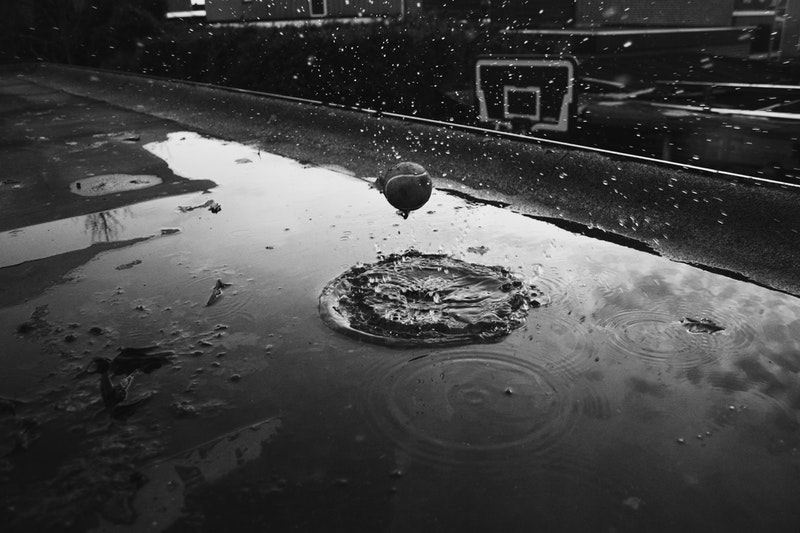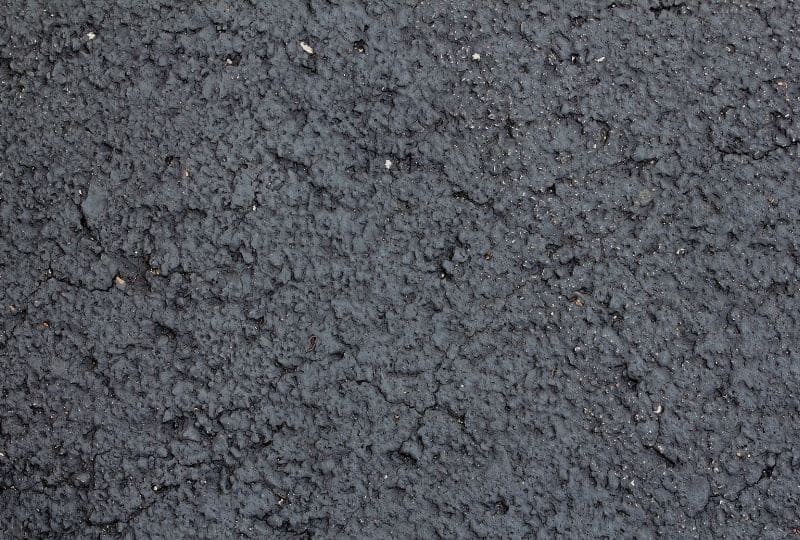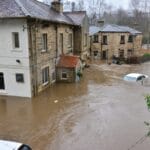If your driveway has any kind of slope, you’re probably more than familiar with flooding after long or heavy rainfalls. This is not only a massive headache, but it keeps you practically confined to your home insofar as you likely won’t be able to get your car out.

Image Source: pexels.com
To make your life easier, here are a few of the best ways to keep your driveway from flooding.
1. Redirect Water
The first step is to understand where the water is coming from. Perhaps a nearby slope is directing water onto your driveway, or your gutters are pouring rainwater toward the driveway. If the primary source of the water is your gutter, simply add an extension or modify where the gutter directs the water.
If the flood is formed by natural slopes or because your driveway is sloped, fixing the issue will require more drastic action.
2. Install a Driveway Drain
If there’s a place in your driveway where water pools, installing a driveway drain in those areas is often your best choice. To effectively drain the water, you’ll want a trench drain that spans the entire width of your driveway. This intercepts water as it moves down the slope of your driveway and prevents it from pooling in lower spots.
3. Choose Permeable Paving
Arguably the most laborious and involved process, replacing your driveway’s asphalt or concrete paving with permeable paving is also one of the best ways to keep your driveway from flooding.

Water can move through permeable paving, allowing it to naturally disperse into the soil below. As such, this is easily the greenest choice and doesn’t run the same risks of rust or clogging as drains do. As an added bonus, high-quality permeable paving is a beautiful addition to any home and it doesn’t look cheap like typical gravel.
4. Install Drainage Ditches
If you find your property is beset by natural slopes that direct water to your driveway, and you don’t want to repave the whole thing, the next best solution is to dig drainage trenches on the sides of your driveway.
These trenches will capture and redirect the water, allowing it to naturally disperse into the soil and prevent water from pooling on the driveway. Instead, it will pool in the trenches.




Leave a Reply